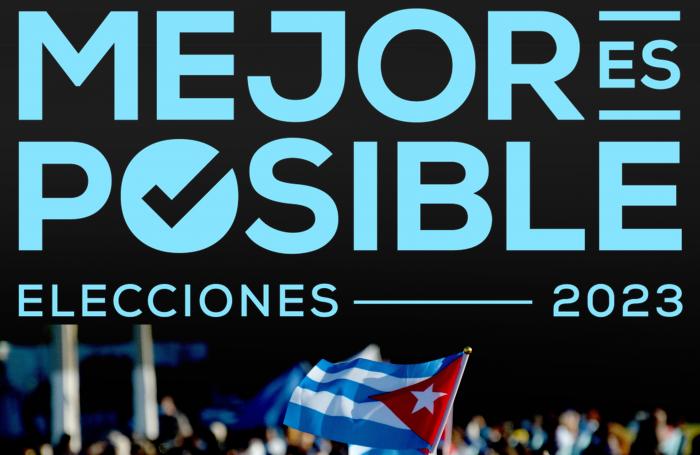At a press conference in the capital, the highest authority of the NCC said that with all solemnity, and with 95% attendance, the delegates approved the people’s candidates for the national elections scheduled for March 26.
Only in the municipalities of Carlos Manuel de Céspedes and Vertientes there were changes to two pre-candidate proposals and the corresponding ones were approved instead, but this did not modify the composition that the National Assembly of People’s Power will have, in this new legislature and with fewer deputies compared to the previous one.
She informed that in this sense, 20% of the candidates are young people up to 35 years old, for an average of 46 years old, a young Parliament, she added. Women represent 55.3%; 95.3% have a university education and 45.5% are black and mestizo, an expression of the plurality or diversity that the supreme body of the State will have.
She highlighted how significant it is that among the nominees are Army General Raúl Castro, representing Santiago municipality II Front, Miguel Díaz-Canel, First Secretary of the Central Committee of the Communist Party of Cuba and President of the Republic, for Santa Clara, in addition to Commander of the Revolution Ramiro Valdés, for Artemisa, and José Ramón Machado Ventura, for Guantánamo.
The president of the National Nominations Commission said that in the plenary sessions of the mass and student organizations, these and other personalities were proposed as pre-candidates, while among those nominated today by the Municipal Assemblies of People’s Power, there are 223 grassroots delegates.
Other illustrative data on how all sectors of Cuban society will be represented in the National Assembly is that 7.7% of the future deputies belong to education, 6.6% to health, 5.1% to higher education, and 3% to the peasant and cooperative sectors.
Although these and other figures must be validated by the National Electoral Council, as stated in the Electoral Law, Baeza Martin informed that among the people’s candidates, there are sports glories, outstanding artists and intellectuals, scientists, as well as combatants of the armed institutions and religious leaders.
She reminded that the Council of State called for national elections to be held on March 26, so that the people may elect the deputies to the Parliament for the term of five years by using a direct and secret vote, according to the provisions of the Constitution of the Republic and the Electoral Law.
From February 6 until March 24, the candidates will hold meetings and exchanges with the population, workers of centers of economic and social interest, and neighborhoods of the municipalities where they were nominated
 Escambray ENGLISH EDITION
Escambray ENGLISH EDITION





Escambray reserves the right to publish comments.